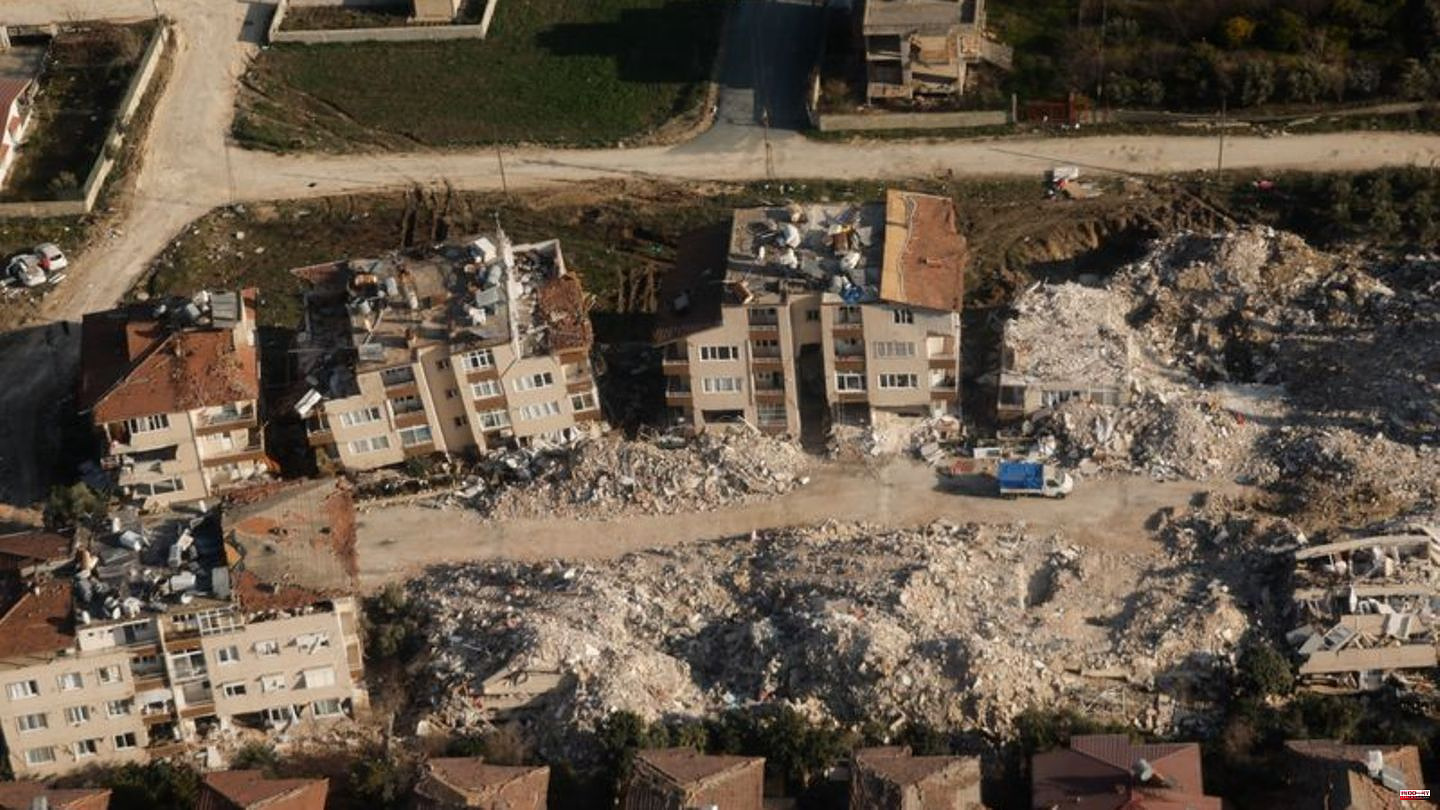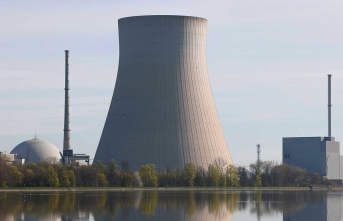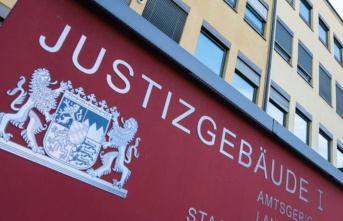Two weeks after the earthquake disaster in the Turkish-Syrian border area, concerns are now primarily focused on the health care of the affected population. The EU health authority ECDC warned on Monday that infectious diseases could spread in the region.
While the immediate health needs after the tremors were mostly related to trauma and disrupted healthcare, infectious diseases could be a concern over the next two to four weeks, the agency said in Stockholm on Monday. The number of people killed by the earthquake has now risen to more than 47,000, including 41,156 in Turkey alone, according to the Turkish Civil Protection Agency Afad. In many provinces in Turkey, the search work for buried people has ended.
Aid needs to be delivered quickly
Food-borne and water-borne diseases, as well as respiratory and vaccine-preventable infections pose a risk in the coming period, ECDC said. They have the potential to cause outbreaks, especially if survivors are housed in makeshift shelters.
Meanwhile, companies and associations in Germany promised urgently needed materials such as medicines, medical devices and other products worth millions on Monday, as the Federal Ministry of Health in Berlin announced after a "donations summit". The relief supplies are to be brought quickly to the crisis areas - by the companies themselves or in cooperation with the Turkish government and helpers.
On Tuesday, Foreign Minister Annalena Baerbock (Greens) and Interior Minister Nancy Faeser (SPD) will travel to the area affected by the earthquake two weeks ago. The ministers want to get an idea of the situation in the region around the epicenter near the city of Gaziantep, not far from the border with Syria, as a spokesman for the Federal Foreign Office announced in Berlin on Monday.
Federal President Frank-Walter Steinmeier spoke on Monday of a catastrophe of the century and asked the people of Germany to help in the long term. "What we need now is enduring solidarity," he said at a commemoration event organized by the Turkish community in Germany and the Association of German-Syrian Aid Organizations at the Brandenburg Gate in Berlin. The extent of the destruction suggests that it will be a long time before the survivors are regularly provided with the essentials.
Civil defense officials call US aid 'crucial'
US Secretary of State Antony Blinken was stunned by the destruction in the Turkish-Syrian earthquake region in Ankara on Monday. "It's hard to put into words," said Blinken on Monday at a press conference with his Turkish colleague Mevlut Cavusoglu about his impressions on site. Countless buildings, communities and roads have been damaged or completely destroyed. On Sunday, Blinken, together with Cavusoglu, got an idea of the destruction in the province of Hatay, which was badly hit by the earthquake.
During his visit to the Syrian-Turkish earthquake region, the US Secretary of State also met representatives of the White Helmets rescue organization. Its deputy head Faruk Habib described the support of the USA at the meeting as "crucial", as the civil protection officers announced on Twitter on Sunday evening. Blinken praised the work and expertise of the White Helmets and the search and rescue teams, speaking of "heroic efforts" after the disaster.
Meanwhile, Turkish Prime Minister Recep Tayyip Erdogan arrived in Hatay for a renewed visit on Monday. Erdogan was seen in the middle of a crowd in pictures that were distributed via the Turkish Communications Ministry's Twitter channel. The President announced that he would quickly rebuild the cities in the badly damaged province. They want to revive Hatay "in all its colors," he said. Erdogan had previously met the US Secretary of State at Ankara Airport, the Presidential Office said.
On the morning of February 6, a 7.7-magnitude tremor shook southeastern Turkey and northern Syria, followed hours later by a second severe 7.6-magnitude tremor.












